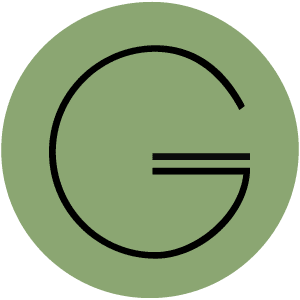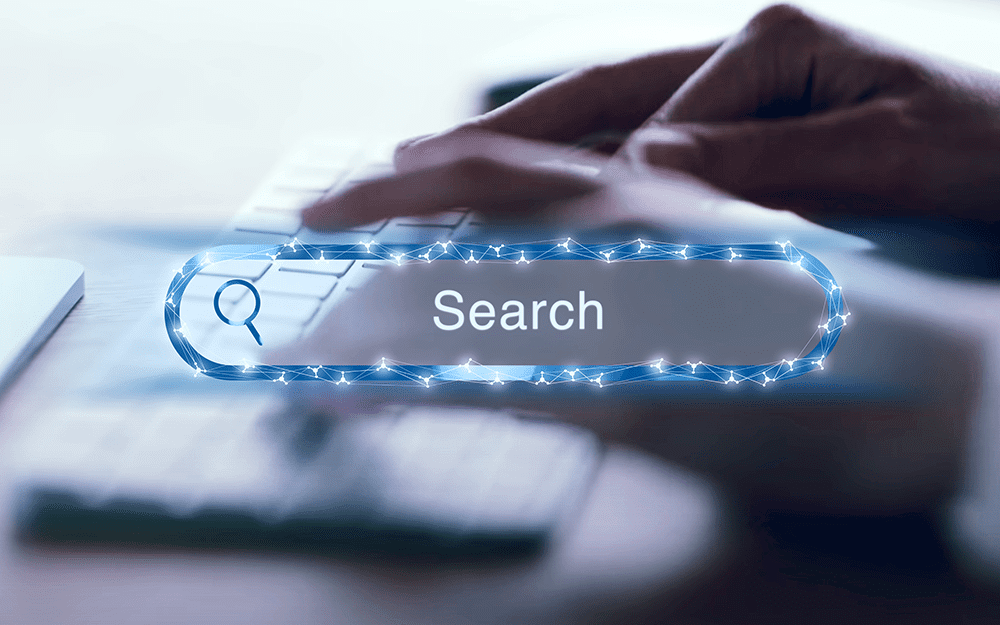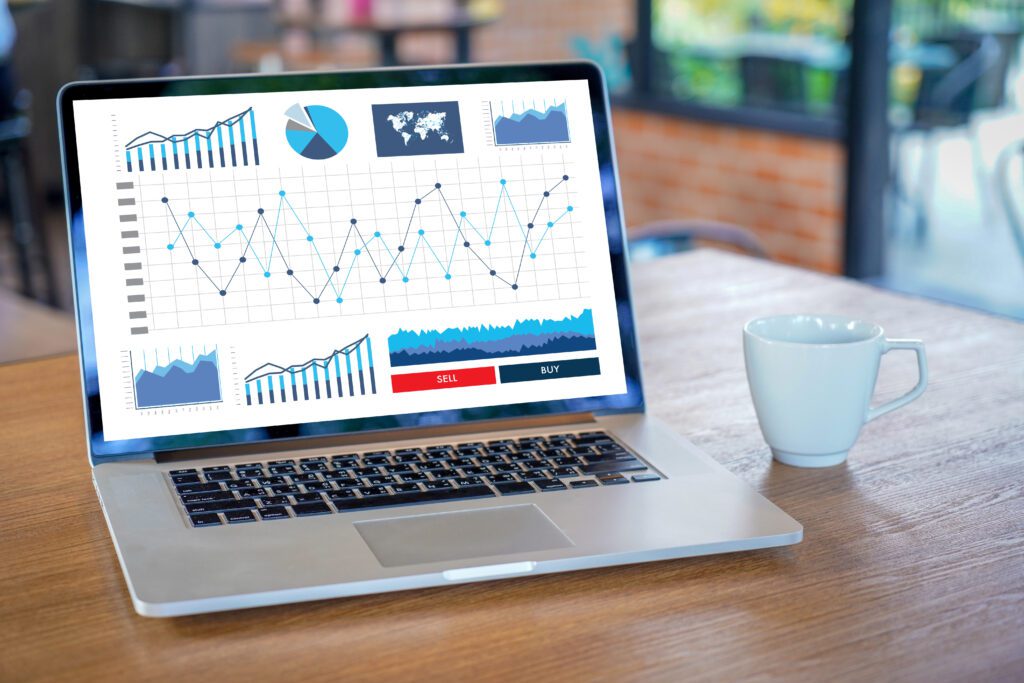The quick answer
Organic search is free and Paid search is not. Done! Nope, just kidding. There is a lot more to it to take into consideration.
Fun Fact: Google Search commands over 90% of search engine requests! We’ll use Google as an example in this article.
What is Organic Search?
Organic search is the organic search results generate when someone types a question or keyword in the search bar. The results are ranked based on some 200 signals google has on a User, Keyword Data, Website Content and Website UX, to name a few. This data creates scores for your website and content, pitting it against you competitors. The more relevant content is usually ranked first and then when two websites with equal relevancy compete, it usually comes down to the UX users can have on your site.
All this places you in a position in Google’s Search Engine Results Page (SERP). Positions 1-10 are usually on page 1 and then 11-20 on page two and so on. The higher you rank, the higher your chances are of getting clicks and obtaining free organic traffic. To boost your rank in SERP, make sure you have robust and progressive Search Engine Optimisation or ‘SEO’ Strategies to drive traffic to your website.
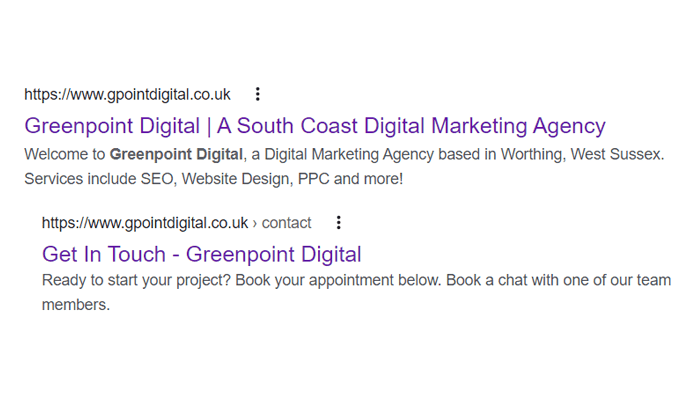

SEO Benefits:
- Cost Effective
it is most cost effective over time and your strategy and cost can be spread out.
- Your pages can target different User Intent and funnel them to a conversion
Users search with different intent, intent to buy, intent to gain information etc. You can write content to meet each intent.
- Organic traffic is usually more stable
Designing a wide arching, relevant SEO strategy you can boost traffic with regularly searched keywords and mitigate fluctuations with relevant and unique content.
- You can build brand awareness
With Organic traffic not every click needs to be a conversion to be efficient. Some people will be looking for information and trust before returning to your site for a conversion.
SEO Downsides:
- Algorithms Change
Google Continuously updates and changes their algorithms over time. From small changes to big updates called ‘Core Updates’. This is all in their drive to provide users more relevant results.
- Keywords go up and down in popularity
One month your page is performing well with the Keyword you have built it around, the next month you might see a drop. Knowing how to adapt to these changes is key.
- Requires extensive understanding and skill
Nobody except Google understands Google’s algorithms. But we are specialists who have worked hard learn with the mountain of knowledge and testing that is out there and stay up to date with all their changes. This is a qualification in itself.
What is Paid Search?
Paid search is most commonly referred to as Pay-per-click or ‘PPC’ Advertising. PPC ads, and as an example, Google Ads, are used to take a targeted keyword and bid for digital search real estate. It functions much the same way as Organic Search, with the addition of a paid algorithm Google uses to rank you. This algorithm takes into account your bid, your competitors bid, and an internal score Google has for your site and Ad. This total then ranks you in the ‘Paid Search Results’.

PPC Benefits:
- Quick Results, potentially within a few hours
Ads are shown within a few hours, usually straight after they have been approved.
- Your ads will show first on SERPs
Paid ads show in the top of search before organic results, you can tell these by them being highlighted as “Ad”.
- Target your specific audience with a specific ad
You can create an ad group with keywords designed to target a specific audience. You can then target a difference audience with new keywords for the same product/service. Maybe you are a gym and want to promote to the Elite Fitness Buff, but you also want to capture those looking to start exercising.
- Quick A/B Testing to find the best performing ads
If you have multiple ad group ideas, but don’t know which is best. Run them both with A/B testing and the data will give you the best one to pick.
PPC Downsides:
- It’s expensive; you pay for every click!
Right from the start you will have to pay out and you may not get a ROI straight away
- It will eat into your profit margins
You must take into account the cost/conversion and factor this into your profit margins.
- You still need a long-term time investment
If you just set up a campaign and let it run, you will lose money. Even if its profitable at one stage, habits, search engines and your competitors will change in the way the operate. Actively stay on top of this and continue to optimise to avoid this.
- You aren’t guaranteed a conversion
A User may click on your ad and browse your site, but, not make a purchase, you will still pay for that click.
You need a robust PPC marketing strategy to use this form of advertising, or you can see your investment ‘go down the drain’.
SEO vs PPC Campaigns
Which style of marketing is the most cost effective? This is a question you are likely asking yourself if you are a business own. The truth is, you likely need both on the long run for a company who is looking to adapt and grow online.
SEO should be something you invest in from the start, having a good SEO strategy in place by a professional will see you grow your site beyond competitors. This form of marketing is for the long term and is the most cost effective going forward, Google changes their algorithms for search regularly and people habits change, you need to adapt with that change too and SEO helps you do this with tools like Analytics, Keyword monitoring, Content Marketing and Core Web Vitals. If you leave your site alone, you will likely see your ranking fall.
With PPC, you only pay when someone clicks on your ad, paid ads can be cost effective too if done correctly. Usually, a good PPC campaign will start off High cost vs ROI (Return of Investment), this is because there is a certain amount of learning your PPC Specialist AND your Google Ads account will need to do to create a cost effect long running campaign. After around two weeks to a month, you will likely have plenty of data to help your specialist, with this information they will start to make optimisation adjustments and improvements to the campaigns you are running. These improvements should now start to see your ROI improve, your cost per click reduce and your CTR increase, and if we knowing your audience, your conversion rate increases too!
SEO vs PPC Campaigns
Which style of marketing is the most cost effective? This is a question you are likely asking yourself if you are a business own. The truth is, you likely need both on the long run for a company who is looking to adapt and grow online.
SEO should be something you invest in from the start, having a good SEO strategy in place by a professional will see you grow your site beyond competitors. This form of marketing is for the long term and is the most cost effective going forward, Google changes their algorithms for search regularly and people habits change, you need to adapt with that change too and SEO helps you do this with tools like Analytics, Keyword monitoring, Content Marketing and Core Web Vitals. If you leave your site alone, you will likely see your ranking fall.
With PPC, you only pay when someone clicks on your ad, paid ads can be cost effective too if done correctly. Usually, a good PPC campaign will start off High cost vs ROI (Return of Investment), this is because there is a certain amount of learning your PPC Specialist AND your Google Ads account will need to do to create a cost effect long running campaign. After around two weeks to a month, you will likely have plenty of data to help your specialist, with this information they will start to make optimisation adjustments and improvements to the campaigns you are running. These improvements should now start to see your ROI improve, your cost per click reduce and your CTR increase, and if we knowing your audience, your conversion rate increases too!
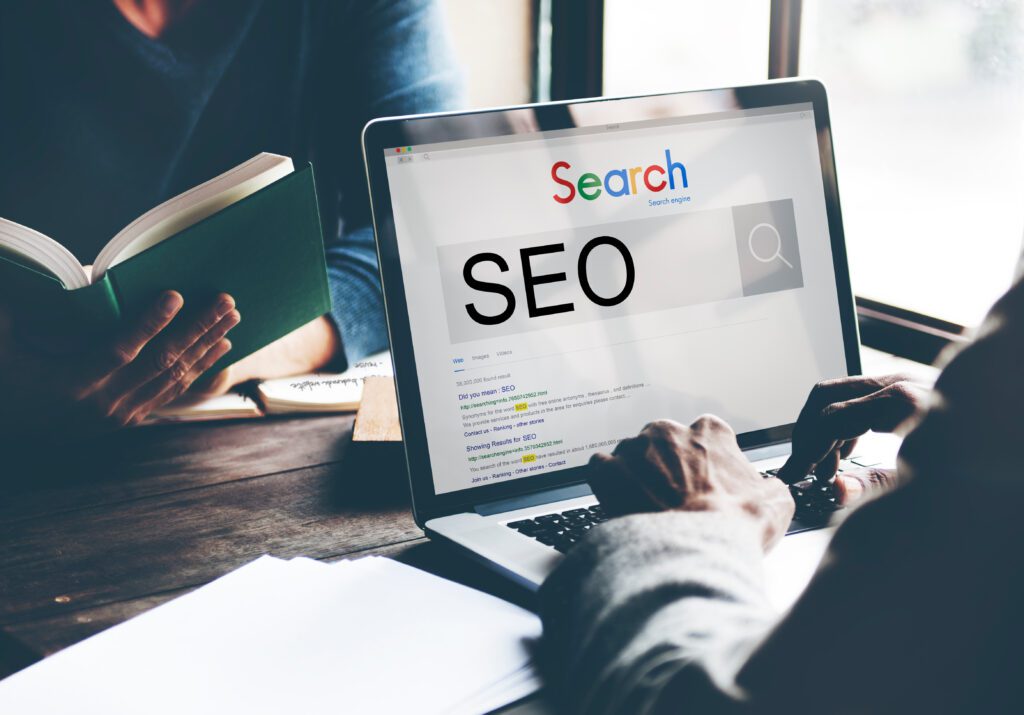
So which Campaign is best, SEO or PPC?
Whether its Organic Search, PPC Ads, Local SEO or social media. Each marketing strategy has its own benefits. As mentioned previously, a business looking to grow and expand will likely want to run both strategies at the same time. Although, It’s not absolutely necessary.
One strategy would be a Monthly SEO project to expand your organic reach, overtake your competitors on your ranking keywords and grow your brand awareness. This is done by generating new content, ensuring your content is keyword dense and relevant to the page and increase impressions for visibility.
In addition to this, you may want to run PPC ad campaigns to target specific keywords for your perfect audience and with the bidding structure you have more control over how you rank for that keyword. You may be reinforcing your Brands name or have a new product you are releasing and want to target a specific age group for it. These are all valid reasons to run a PPC campaign.
SEO or PPC for a small business?
If you are a small, local business and don’t yet have the funds to invest in both marketing strategies, that is fine. You can still perform and do will with focusing on one. I would choose SEO for small businesses, since it is the most cost effective in the long run and the strategy and cost can be spread over time.
With an SEO strategy for as little as 4 hours a month, you can get; A focus on local SEO or National, keyword research, a new blog post, on page SEO and Social Media boost. This is huge value for money for improving your organic digital presence, so your customers can find you when they want you.
Now you you can safely say you have a broad understanding of the difference between Organic Search and Paid Search. You can of course delve deeper into the rabbit whole and find yourself lost as some do but after a time you will see a light, maybe months, maybe years.
Do you have that time? If not, we are hear to help.
